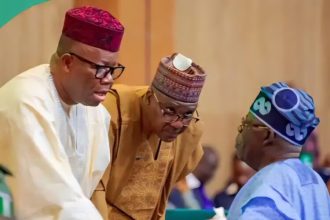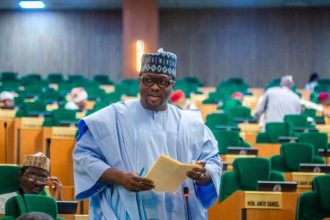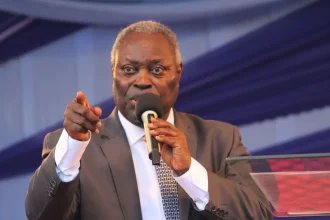The National Assembly’s Joint Committee on Constitution Review has approved the creation of six additional states across Nigeria’s six geopolitical zones.
The decision, reached at the end of a two-day retreat in Lagos, was co-chaired by Deputy Senate President Barau I. Jibrin and Deputy Speaker Benjamin Kalu.
According to committee sources, the move aims to promote fairness, regional balance, and equitable representation in governance.
Lawmakers believe that the addition of new states will help address long-standing agitations for inclusion and autonomy, particularly in zones that feel politically marginalised.
If implemented, the proposal would expand Nigeria’s number of states from 36 to 42, a change that could reshape the country’s political and administrative structure.
Six geopolitical zones to benefit
The approved resolution recommends one additional state for each geopolitical zone: North West, North East, North Central, South West, South South, and South East.
Lawmakers said this approach was designed to ensure national balance and prevent renewed regional tension.
With the proposed change, the South South and South West zones will each have seven states, the South East will move to six, while the North West, North East, and North Central will have eight, seven, and seven respectively.
A subcommittee, chaired by Senator Mohammed Tahir Monguno, has been set up to identify the specific areas from which the six new states will be carved out.
Members have pledged a transparent process that considers all 55 requests for state creation submitted to the National Assembly.
Political and economic implications
The decision could redefine Nigeria’s political and economic map, increasing administrative responsibilities but also offering fresh opportunities for local development.
Supporters argue that creating new states could improve governance and resource distribution, while critics warn of higher costs and bureaucratic expansion.
A principal officer of the joint committee confirmed that the resolution enjoyed unanimous support from both chambers in what he described as “a rare show of national unity.”
The final report is expected to be presented to the Senate and House of Representatives in the first week of November for adoption.



















